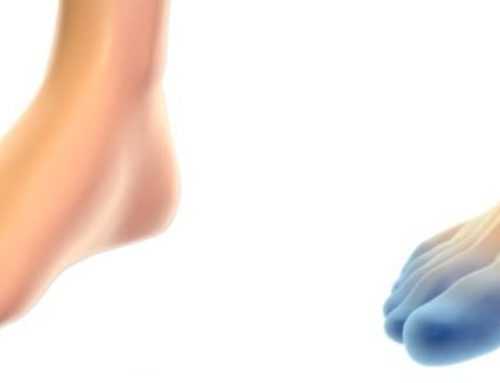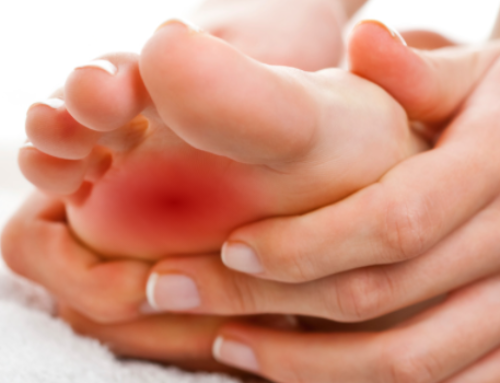
One in every five adults will be affected with some type of eczema. The main symptoms of eczema are itchy, dry skin that may crack, bleed and possibly become infected when scratched.
Eczema can affect any part of the body, but there are five types that specifically affect the hands, legs and feet.
ATOPIC Eczema
This type of eczema is believed to be inherited, and hay fever has also been known to be a trigger factor. The skin is very itchy and excessive scratching may cause the skin to open and bleed, allowing it to become vulnerable to infections. Topical steroid creams may help to reduce itching and swelling.
DISCOID Eczema
This form of eczema affects the feet and legs of adults. These are different in appearance than atopic eczema as they are tiny, small round lesions.
IRRITANT CONTACT DERMATITIS
Eczema is triggered when an individual comes in constant contact with a certain product – such as soap. Symptoms and appearance are similar to atopic eczema, but by ceasing the use of the irritant product – symptoms usually stops.
ALLERGIC CONTACT DERMATITIS
Similar to irritant contact dermatitis, this type of eczema is triggered by an item that a person is allergic, such as a certain type of fabric (spandex or wool are common irritants); foods; laundry detergents or fabric softeners. Once again, once the irritant is no longer used, the eczema symptoms should cease.
VARICOSE ECZEMA
This is usually evident in people that have varicose veins, and is commonly seen in elderly individuals. The skin has a speckled appearance, and feet/legs can become very swollen and itchy. This eczema type can become dangerous, and should be treated by a professional as soon as possible, to avoid possible ulcerations. It may help as an overall treatment, to keep skin cool and comfortable, to wear cotton clothing and sleep on soft cotton sheets.
TREATMENTS
Treatment, of course, would depend on the type of eczema, but usually topical emollients may help to reduce the itching. Due to the fact, that there are many different types of eczema creams, you may have to try a few before you find relief.
Oral or topical steroids may also be an effective treatment in dealing with swelling associated with eczema. Steroids, in any form, must be prescribed, and the use carefully monitored by a professional health care provider, as there may be some negative side effects associated with steroid use.
In very severe cases of eczema, laser surgery may be necessary.
The best treatment of eczema may be prevention and extra skin care during certain weather conditions. Hot showers can be helpful in providing relief to achy muscles, but it will not provide relief to dry, itchy skin. After showering, apply a high quality (fragrance free) moisturizer to damp skin. Also, if your feet sweat often, change cotton socks a few times a day as damp, moist socks can worsen eczema symptoms on your feet.
If you are unable to find relief from eczema with the use of home treatments, call Dr. Lefkowitz at 215-230-9707 to schedule an appointment, and he will diagnose your specific type of eczema and provide the most effective treatment.



